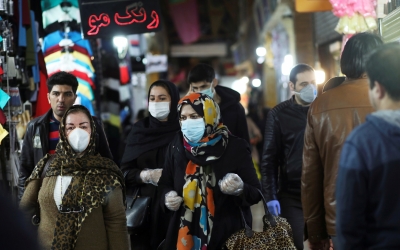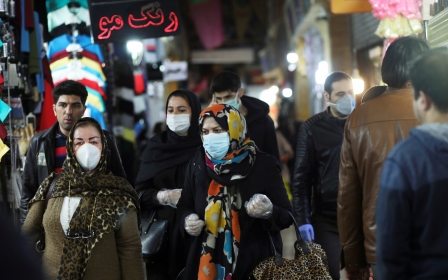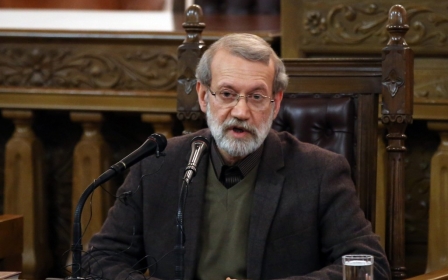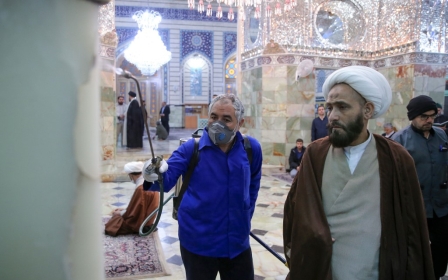Coronavirus: Nearly 4,000 dead in Iran as cases rise above 60,000
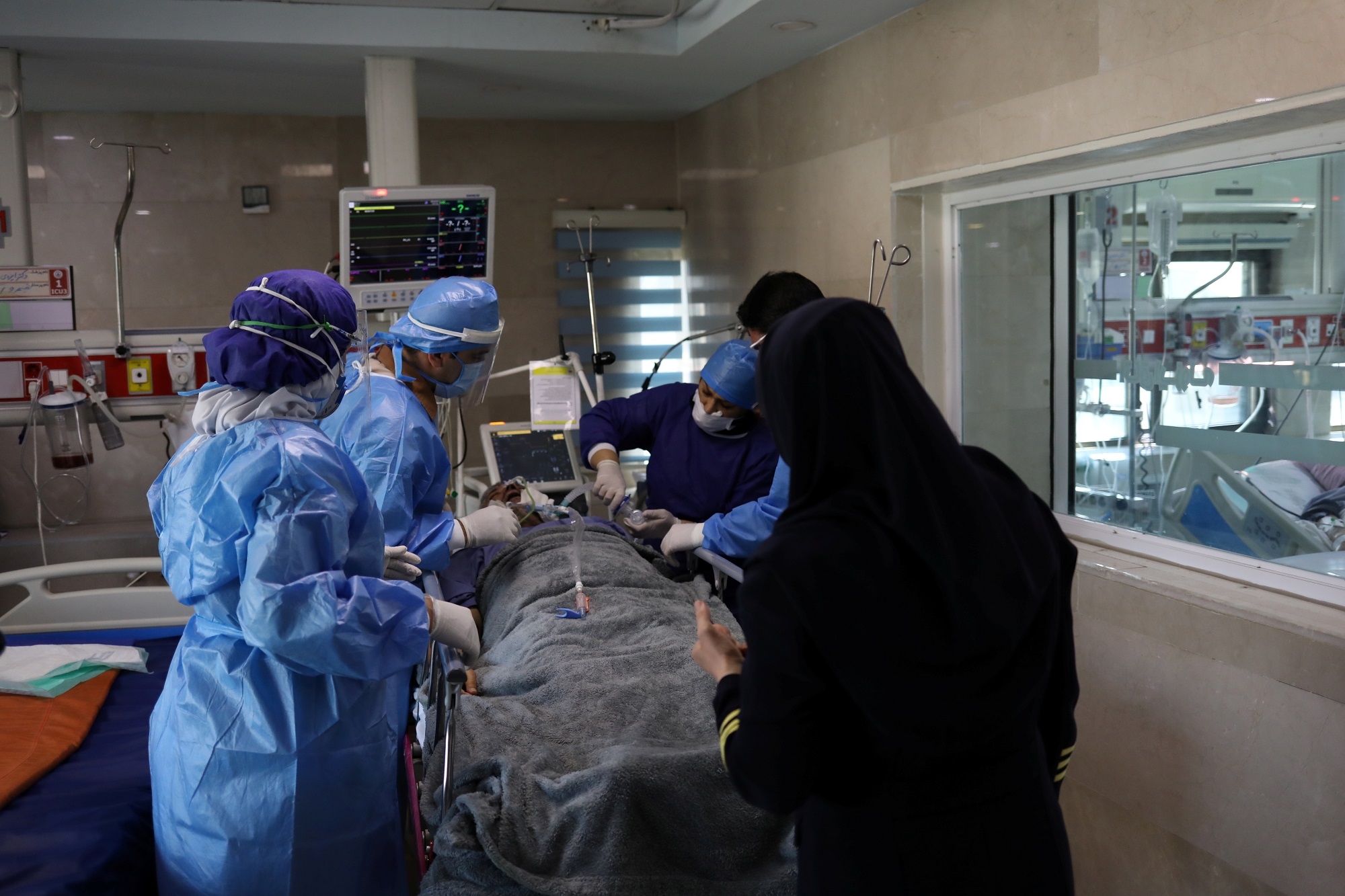
Confirmed coronavirus cases in Iran have reached 60,500, as the foreign ministry said Tehran will never ask the United States for help in the fight against the global pandemic.
Speaking on state TV on Monday, health ministry spokesman Kianush Jahanpur said the death toll from the virus was now 3,739.
Supreme Leader Ayatollah Ali Khamenei has rejected offers from Washington for humanitarian assistance for Iran, the country so far worst-affected by the coronavirus in the Middle East.
"Iran has never asked and will not ask America to help Tehran in its fight against the outbreak... But America should lift all its illegal unilateral sanctions on Iran," foreign ministry spokesman Abbas Mousavi said in a televised news conference.
The United States is currently struggling to contain its own outbreak, with 336,851 confirmed cases, more than 9,600 deaths and several cities under lockdown.
The World Health Organisation (WHO) said the US could become the new epicentre of the pandemic due to the “very large acceleration” in infections there.
'Trying to force Tehran to accept negotiations'
Tensions between Iran and the US have been running high since 2018, when US President Donald Trump quit a 2015 agreement that lifted sanctions on Iran in return for curbs to its nuclear programme.
Washington reimposed sanctions, which have crippled the Iranian economy.
Iranian authorities say those sanctions have hampered their efforts to curb the outbreak, urging other countries and the United Nations to call on the US to lift them.
"They [the US] are trying to force Tehran to accept negotiations with America," Mousavi said.
Trump says the nuclear deal was not strong enough and that he wants to apply "maximum pressure" on Iran to accept tougher curbs to its nuclear programme, halt its ballistic missile work and end its support for proxy forces in the Middle East.
Iran has long said it will not negotiate unless Washington lifts the sanctions.
Iranian President Hassan Rouhani announced on Sunday that "low-risk" activities will begin on Saturday in most areas of the country and follow in the capital Tehran a week later.
The president did not spell out what he meant by such activities, but said the suspension of "high-risk activities" - schools, universities and various social, cultural, sports and religious events - would be extended to 18 April.
Middle East Eye delivers independent and unrivalled coverage and analysis of the Middle East, North Africa and beyond. To learn more about republishing this content and the associated fees, please fill out this form. More about MEE can be found here.


